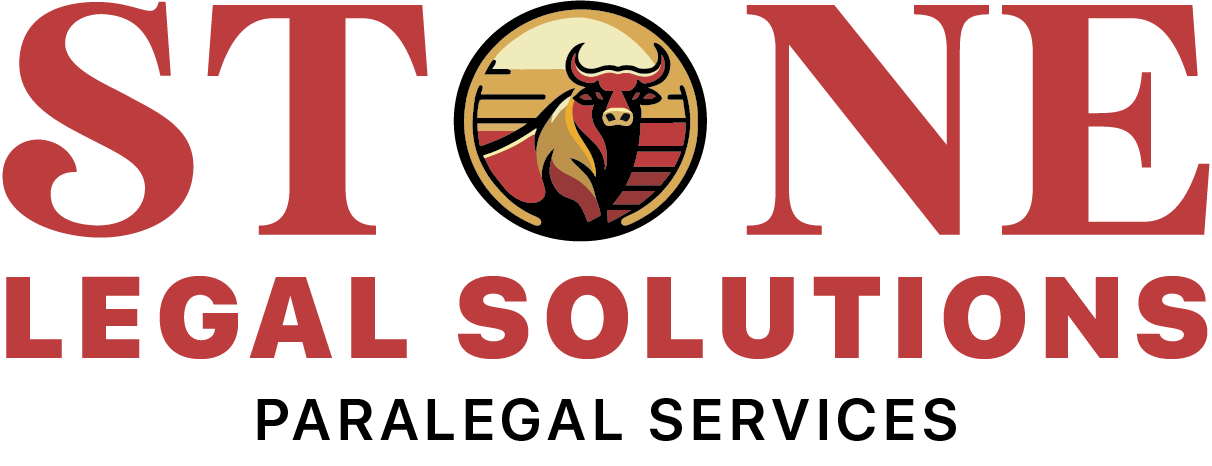December 13, 2022
Instincts, research, and knowledge can help potential home buyers avoid being caught up in mortgage scams, but even diligent consumers can become victims. Mortgages can be complex and challenging to understand and this complexity can cause confusion. Many mortgage-related scams have been around for years but have evolved as consumers become more informed and home buying technology has advanced. A common mortgage scam is a version of the old “bait and switch”. A home buyer may be attracted to a lender by promises of a guarantee of loan approval, low-interest rates or no closing costs. Once applying and then closing on the loan, the home buyer may discover that their interest rates have increased or they don’t qualify for certain benefits. This is a scam in that the lender advertises these extremely low rates and no closing costs knowing just a few, very well qualified borrowers will be able to take advantage of them. The majority of borrowers will not. Some unscrupulous lenders will offer an attractive rate but there may be a large non-refundable upfront loan fee or deposit. If the lender changes the rate through the loan process, the borrower may be forced into accepting the higher rate or losing their deposit. Another form of mortgage fraud involves over-appraising the value of a home in order to increase the amount of funds available to a homeowner. While this may sound appealing, it can place a buyer in unwieldy unnecessary debt. In addition, should home values drop, borrowers can quickly find themselves “underwater” or “upside down” in their loans, owing more than the home is actually worth. Buyers can help avoid mortgage scams by understanding the mortgage process and working only with reputable lenders. There are mortgage products designed to help less-qualified borrowers get funding for a home, but like any mortgage, borrowers should be clear about the fees, rates, and terms of such loans.



